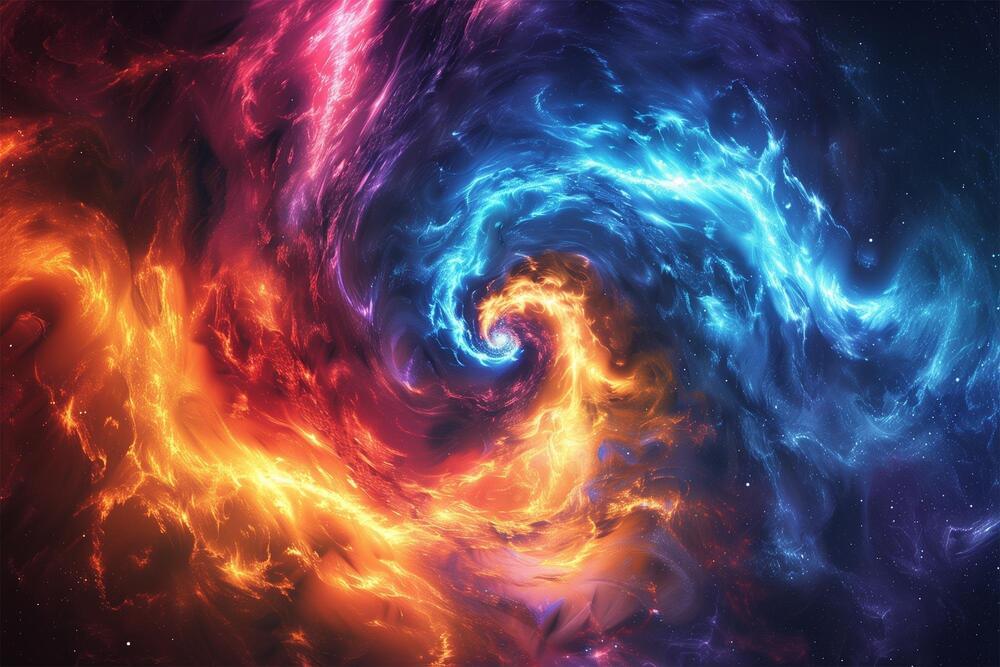If you zoom in on a chemical reaction to the quantum level, you’ll notice that particles behave like waves that can ripple and collide. Scientists have long sought to understand quantum coherence, the ability of particles to maintain phase relationships and exist in multiple states simultaneously; this is akin to all parts of a wave being synchronized. It has been an open question whether quantum coherence can persist through a chemical reaction where bonds dynamically break and form.
Now, for the first time, a team of Harvard scientists has demonstrated the survival of quantum coherence in a chemical reaction involving ultracold molecules. These findings highlight the potential of harnessing chemical reactions for future applications in quantum information science.
“I am extremely proud of our work investigating a very fundamental property of a chemical reaction where we really didn’t know what the result would be,” said senior co-author Kang-Kuen Ni, Theodore William Richards Professor of Chemistry and Professor of Physics. “It was really gratifying to do an experiment to find out what Mother Nature tells us.”









Comments are closed.